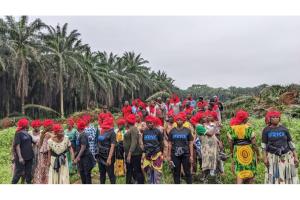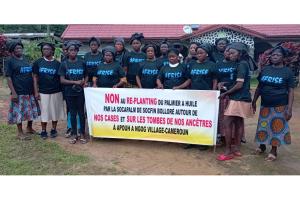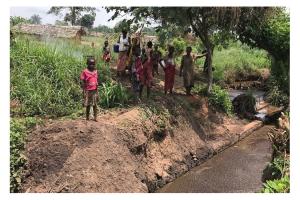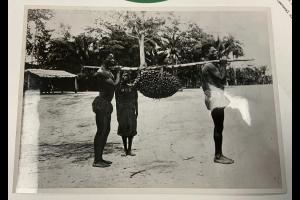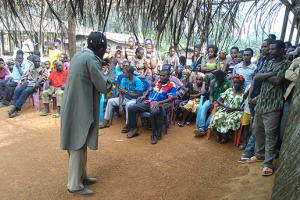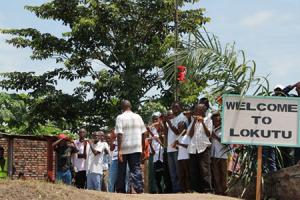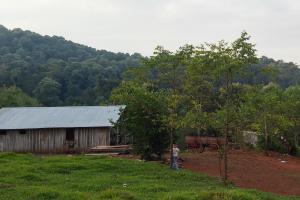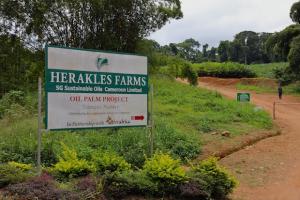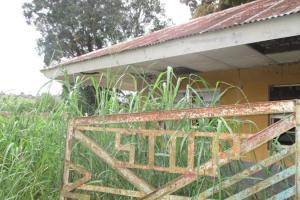Palm Oil
The oil palm tree is native to West Africa. It is an important tree for forest-dependent communities, their cultures and their economies. However, large-scale oil palm monocultures for industrial production (oil and agrofuels) have been driving deforestation and land grabbing in Southeast Asia. More recently, oil palm monocultures are also driving destruction in Africa and Latin America.
Communities in West and Central Africa are facing the impacts of industrial oil palm plantations. With the false promise of bringing ‘development’, corporations, backed up with government support, have been granted millions of hectares of land for this expansion.
Patriarchal oppression is inseparable from the industrial plantation model, and it is at the base of how companies generate profits. Companies target women, including due to their fundamental role in community life.
Why haven't Africa's post-colonial governments dismantled the colonial plantation model of exploitation and extraction, returned the lands to their people and emboldened a resurgence of Africa's diverse, local food and farming systems?
European development banks have financed a plantation company in DRC that is built on injustice and violence dating back to a colonial-era land grab. When the company went bankrupt in 2020, the banks chose to uphold the plantation model.
While the destruction of forest territories continues, more pledges, agreements and programs are being implemented in the name of ‘addressing deforestation and climate change’.
An interview with the activist Nasako Besingi. He organized communities in their protests against US agribusiness Herakles Farm’s palm oil plantations. Due to this engagement, he has been the victim of Herakles Farm and government physical attacks, intimidation and criminalization. (Available in Swahili).
DRC is following the trend of promoting programmes to ‘integrate’ peasants with agribusinesses, putting people’s control over their lands at risk.
